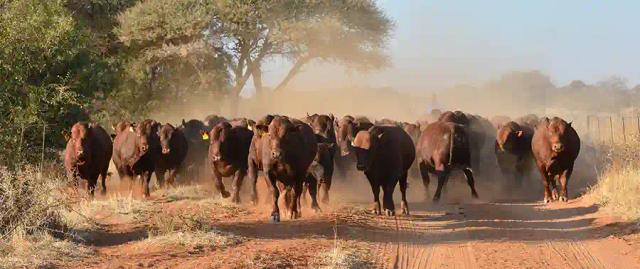Operation Nyama Yabvepi: 111 Butcheries Closed

At least 111 butcheries have been closed for breaching public health laws after the Veterinary Department, in collaboration with the police and Ministry of Health and Child Care, intensified “Operation Nyama Yabvepi.”
The operation is premised on curbing the selling of uninspected meat and ensuring that no stolen or sick animals are accepted for slaughter.
Operation Nyama Yabvepi (Where Did The Meat Come From?) was launched on 21 December 2022 and was supposed to end on 31 January 2023.
The operation was extended to deal with rising stock theft and to ensure that only meat products that had been inspected and certified unconditionally fit for human consumption were put on the market.
The Herald reports that under Operation Nyama Yabvepi, 409 butcheries were inspected and 111 of them were closed for failing to meet the requirements.
Over 2.8 tonnes of meat have been confiscated and destroyed.
Acting deputy director of Veterinary Field Services Dr Reverend Spargo encouraged farmers to build their kraals close to their homesteads, as well as to establish village anti-stock theft committees.
He also said it is a criminal offence for any meat outlet to sell or display for sale meat that has not been processed in a registered slaughterhouse and inspected and certified as fit for human consumption. He is cited as saying:
The Department of Veterinary Services is strengthening its animal branding and livestock identification and traceability systems, with the Ministry having distributed computers and tablets for the majority of its members as part of this system.
There is a recent spike in stock theft cases where stock thieves are slaughtering livestock in kraals and in the bushes by night, and taking the meat to sell in high-density suburbs where the product is in high demand owing to its low selling price.
Head of the police anti-stock theft unit, Assistant Commissioner Ezekiel Munengerwa, urged people to cooperate in reducing stock theft.
He said people should not allow their cattle to graze unattended since some may stray, ending up in the hands of thieves.
Asst Comm Munengerwa said people should seek animal carcass movement permits when moving with meat, urging people to seek clearance from the police whenever they were moving with meat.
He urged people to operate their businesses legally, avoiding illegal food outlets.
Asst Comm Munengerwa said branding was crucial as it provided identity which was crucial in traceability.
More Pindula News





